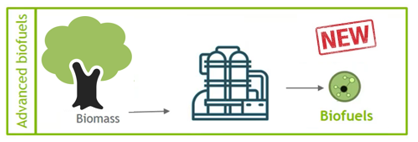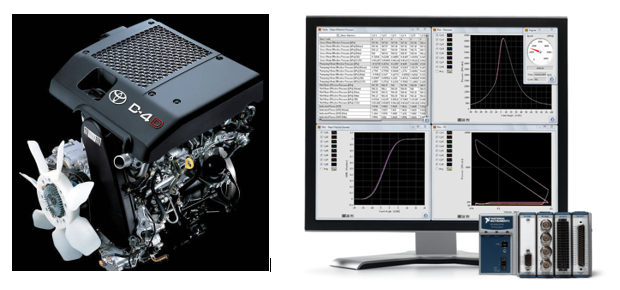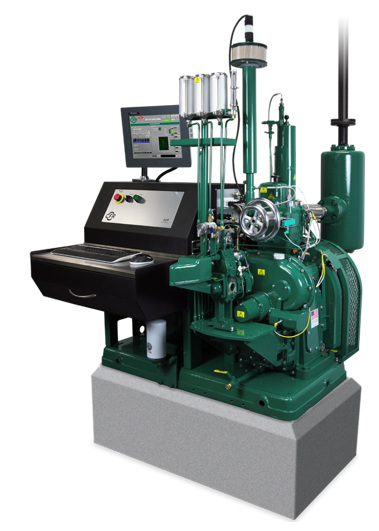Probleemstelling:
Meeting the challenge of achieving a low-carbon future will require a comprehensive portfolio of technologies and policy measures. In 2017, road transport contributed 21% of the EU's total emissions of carbon dioxide (CO2). While different solutions to this problem are being investigated by means of alternative fuels and powertrains, it is a fact that billions of vehicles in use today will remain in use for years to come. A sustainable and short-term solution lies within the development of 2nd generation biofuels, as they allow formulating so-called “drop-in” fuel blends (fuels with reduced fossil content that work in the currently sold vehicles). The use of second-generation biofuels together with first-generation biofuels would decrease the fossil content of the current fuels, if they can be successfully blended. Recently, a novel biorefinery process was developed to efficiently produce a drop-in advanced biofuel from woody biomass sources that does not compete with land use for food production (a typical problem of first-generation biofuels)

The combustion behaviour of the 2nd generation Ad-Libio biofuel blends in their pure form are situated in between the behavior of gasoline and diesel. In order to be useful, this fuel needs to be adapted so it can be used in spark ignition engines.


